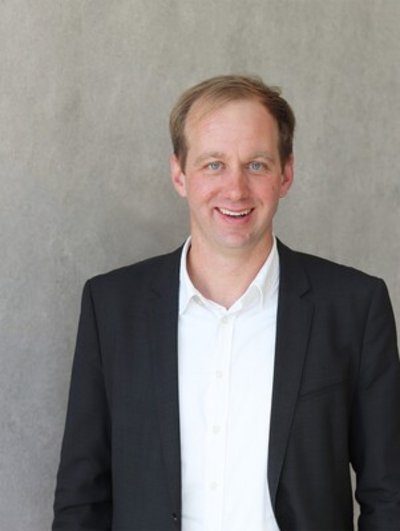Professor of Democracy Promotion and Digital Policy at the University of Erfurt.

Your research in political science addresses the challenges of digitisation for democracy, specifically the question of digital sovereignty of states and citizens. What do you see as the main obstacles to achieving such sovereignty in the age of global data capitalism?
I do not think there is a single obstacle, but that the digital constellation in itself renews the age-old question of sovereignty as such. How best to combine individual autonomy and collective self-determination. And the answer we have long given to that question has been deeply intertwined with the territorial state and the exercise of power through formal laws. All this has been very much called into question in recent years, and we are still working out how to preserve the complex freedom we have gained in our long and troubled democratic history.
How do infrastructures matter for citizens?
Infrastructures empower us as human beings and citizens. From the perspective of a democratic theorist, I think one of the most urgent tasks today is to understand the public as an infrastructure (and not just the public as an agent in opposition to the state or as an abstract sphere in which discourses take place). Digital infrastructures are the main reason why we have to ask this question, because they are much easier to transform and adapt than earlier public infrastructures, thus exposing and extending the powers that build and control infrastructures.
How should knowledge about infrastructures be communicated and what role can journalists, researchers or public officials play?
Raising awareness of the impact and mutability of (digital) infrastructures seems to me to be a primary task of multipliers in all walks of life. We have to make sure that citizens see the contingency of our digital environment and how much of it can be actively shaped and reconfigured all the time.